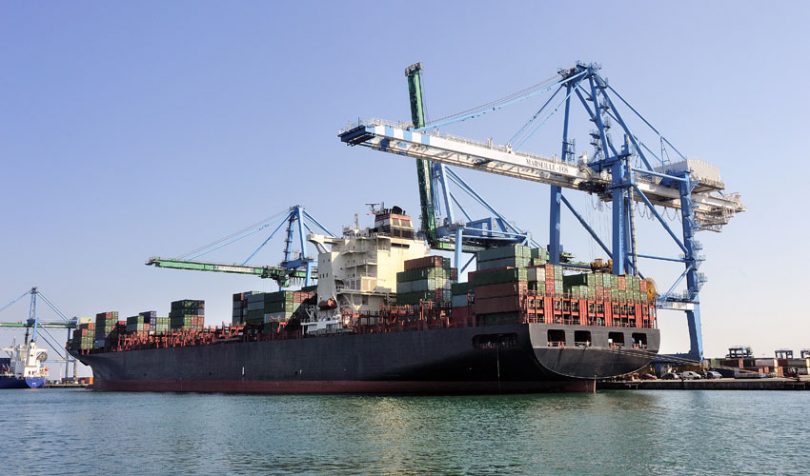France’s biggest seaport, the Port of Marseille Fos, has successfully completed a blockchain pilot in freight forwarding. Cargo tracker Marseille Gyptis International (MGI), shipping platform provider BuyCo, and blockchain firm KeeeX implemented the solution.
The project, announced in March and launched in June, hoped to simplify data sharing and streamline the supply chain. According to the port authority, the blockchain pilot “demonstrated that harmonisation of the digital transport chain improved fluidity, reliability and competitiveness of pre- and post-forwarding on the crucial hinterland axis.”
This axis is the Méditerranée-Rhône-Saône (MeRS) corridor, a major trading area for French shipping. By using blockchain to store protected documents and sharing access with relevant parties, the port saw efficiency benefits here, particularly in multimodal transporting.
It concentrated on exports between Lyon and Marseille Fos, where users of the pilot solution could safely share digital customs documentation, tracking data, and ship information with relevant parties. Parties are certified and the documents immutably stored, thanks to blockchain technology.
Along with the port authority, public sector investor La Banque des Territoires and waterway firms, Voies Navigables de France and La Compagnie Nationale du Rhône, were financial supporters.
Now completed, the pilot showed “scope for enhancing intermodal freight movements” on the MeRS axis. And it’s far from the first. Blockchain is used widely by ports and shipping firms due to its natural suitability to the supply chain. The two largest projects are TradeLens, by IBM and Maersk, and the Global Shipping Business Network, by leading carriers and CargoSmart.
Leading freight forwarders Kuehne + Nagel and Panalpina have adopted the technology for digitizing bills of lading. Meanwhile, the ports of Busan, Rotterdam, Brisbane, and Antwerp and Abu Dhabi have also conducted blockchain trials.






